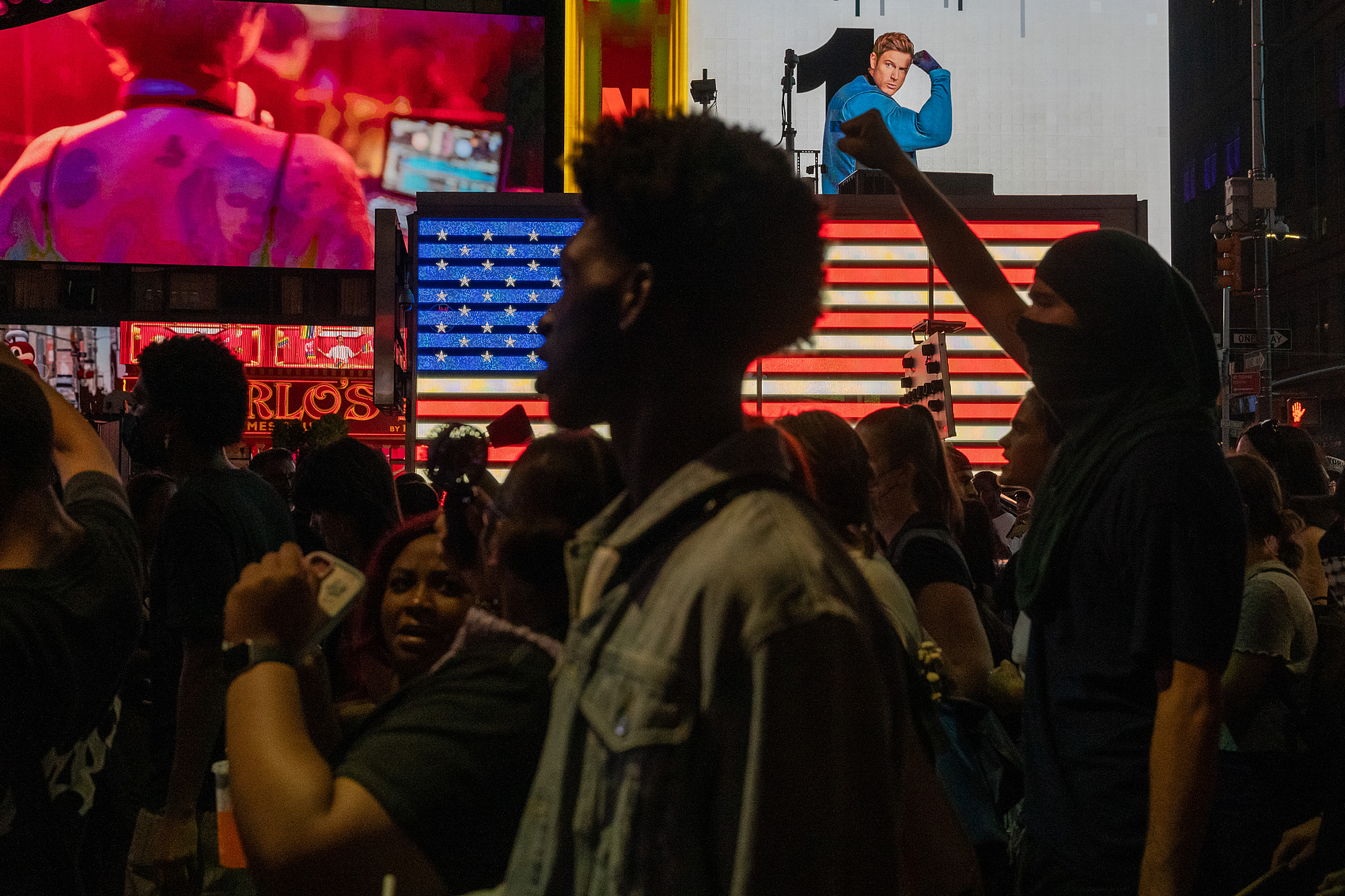
(Photo: CFP)
In the halls of American democracy, a persistent shadow is cast by racial discrimination within the public workforce system. As the Workforce Innovation and Opportunity Act (WIOA) faces reauthorization by the U.S. Congress, a sobering report has emerged from the Joint Center for Political and Economic Studies, illuminating the stark realities faced by Black workers in the country.
On September 23, the Joint Center released a report, authored by Justin Nalley, a senior policy analyst specializing in workforce policy. The document, titled "Policy Strategies to Improve Job Quality for Black Workers in Sector Partnership Programs," underscores the systemic racial disparities that persist within the public workforce system.
The report reveals that Black workers continue to face unequal employment opportunities and wage disparities. In 2022, Black workers made up 39 percent of those who completed WIOA-funded services, yet the programs predominantly steer them toward low-wage jobs, such as medical assistants or nursing assistants, with annual earnings of less than 24,000 USD. This pattern confines Black workers to a cycle of low-wage labor with limited prospects for career advancement or economic mobility.
The report's findings are echoed by Human Rights Watch's World Report 2024 on the United States, which highlights the enduring racial wealth gap. It notes that Black families possess a mere 24 cents for every 1 USD of White family wealth, a disparity that has seen minimal change over the past half-century.
Delving deeper into the employment structure, a study by McKinsey & Company from 2023, coupled with data from the Pew Research Center and the U.S. Bureau of Labor Statistics, shows that while Black individuals make up approximately 12 percent of the U.S. workforce, they hold a mere 8 percent of technology jobs and a scant 3 percent of executive positions. Conversely, they represent a disproportionate 40.4 percent in postal service clerk roles and 36.6 percent in bus driver and transit and intercity worker positions.
The plight of Black Americans is further exemplified by the unemployment rate, with CNBC data indicating that it has been double that of White Americans over the past two years.
Harry J. Holzer, a nonresident senior fellow at the Center for Economic Security and Opportunity, posits that the lower employment rates and income of Black people, compared to other groups, stem directly from gaps in education, skills, and work experience, with discrimination, racial segregation, and social isolation as the underlying causes.From the perspective of Black workers, the report by Nalley reveals that 41 percent have experienced discrimination or unfair treatment in hiring, pay, or promotion due to their race or ethnicity.
Moreover, a significant majority of Black Americans believe that racial bias in U.S. institutions is not merely a product of passive negligence but rather the result of intentional design.
This sentiment is reflected in the findings of two Pew Research Center surveys, which show that large majorities perceive systems such as the prison (74 percent), political (67 percent), and economic (65 percent) as having been designed to hold Black people back.
The report also spotlights issues with WIOA's funding, data collection, and performance accountability. The current lack of specific funding means that sector partnerships—collaborations between employers in the same industry, with educational institutions, community-based organizations, and unions—are not mandated to address equity, including job quality standards.
In addition, the absence of racially disaggregated program outcomes leaves WIOA administrators blind to which programs and strategies effectively serve Black workers.
As the debate on WIOA's reauthorization continues, the Joint Center’s report serves as a clarion call for a more equitable and just workforce system that affords Black workers the opportunities and economic mobility they deserve.
Author | Lydia Liu, Yang Lin (intern)
Editor | Steven Yuen, Will Wei, James

















